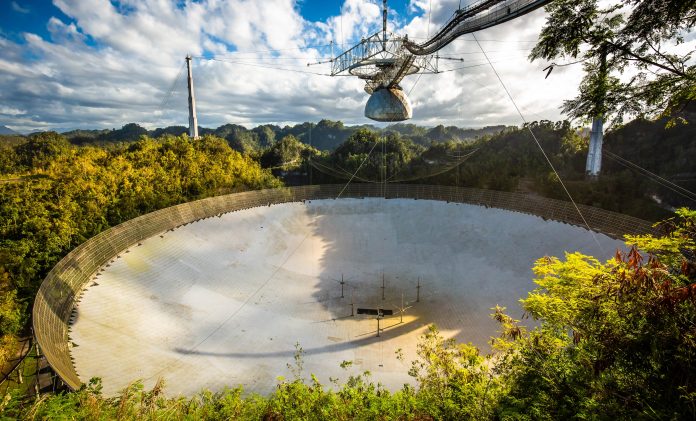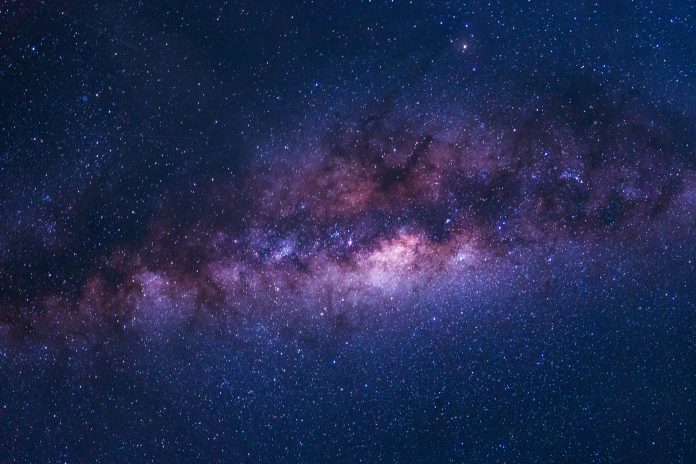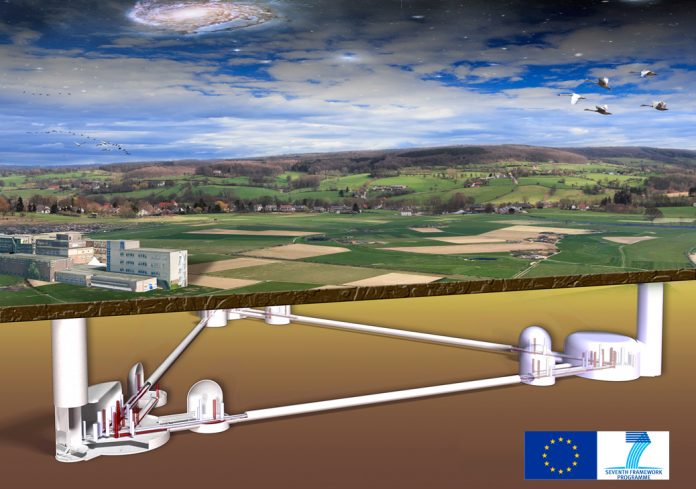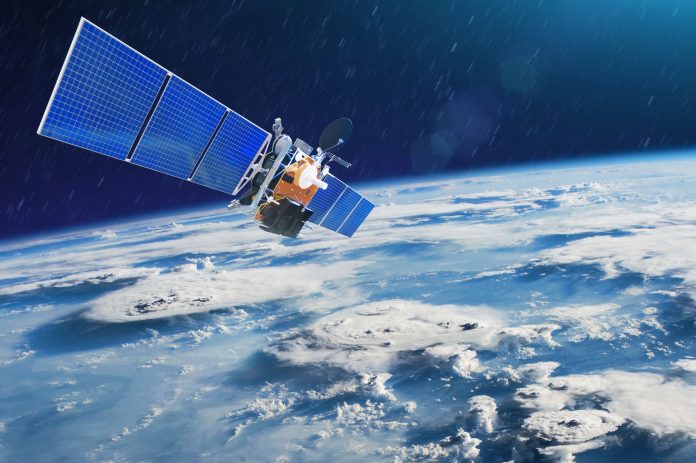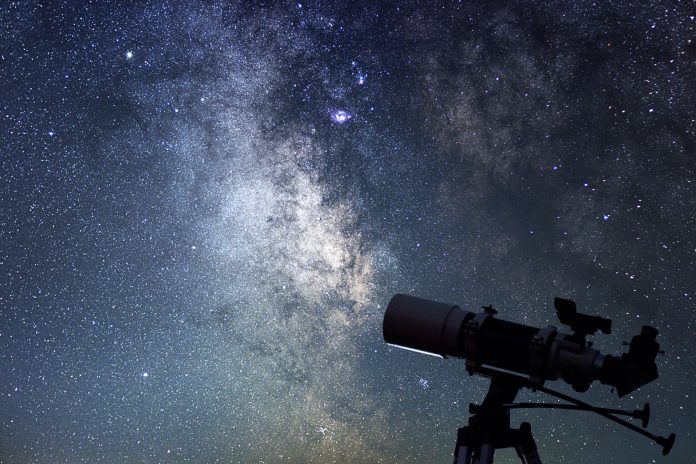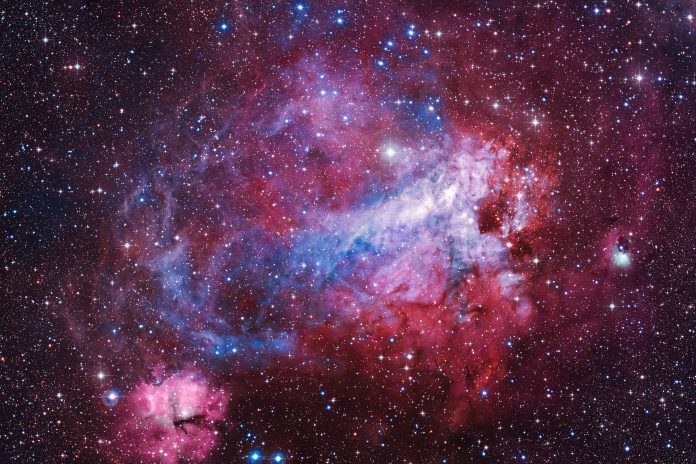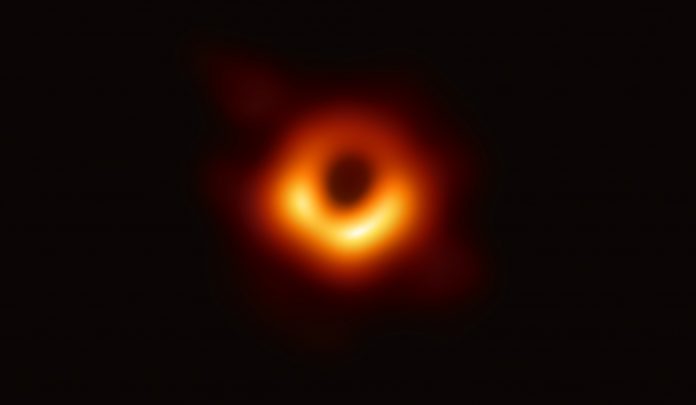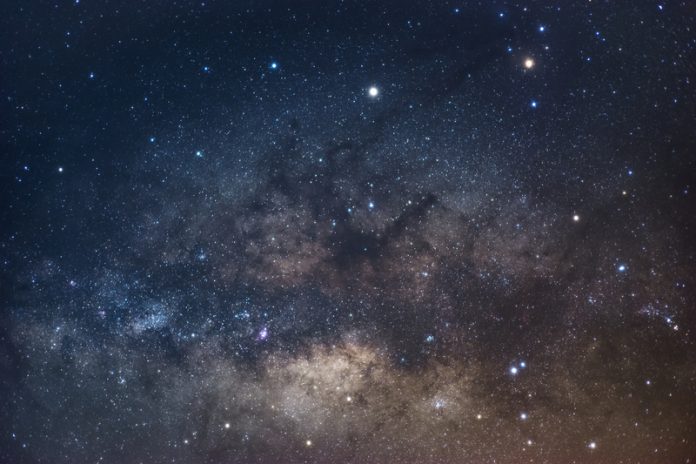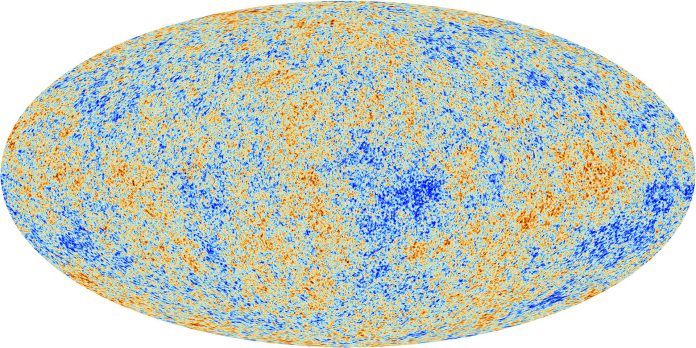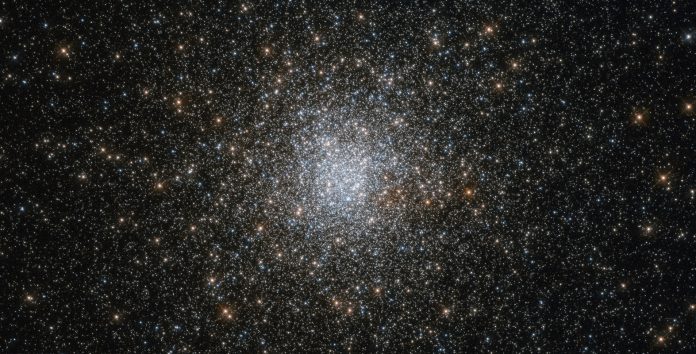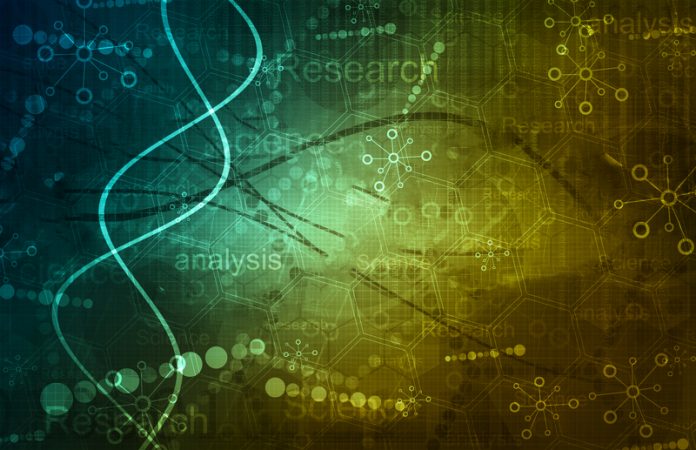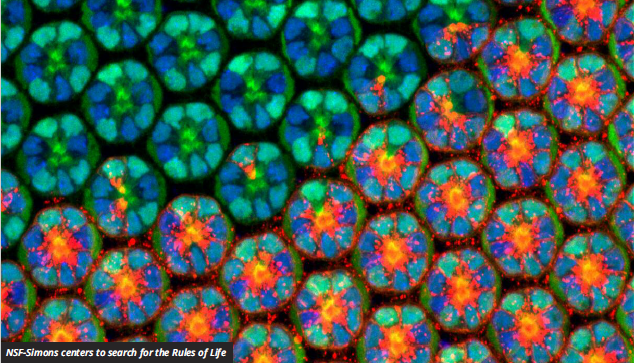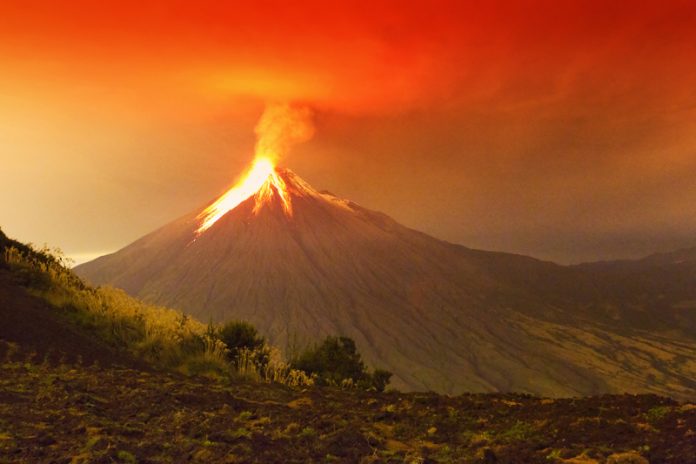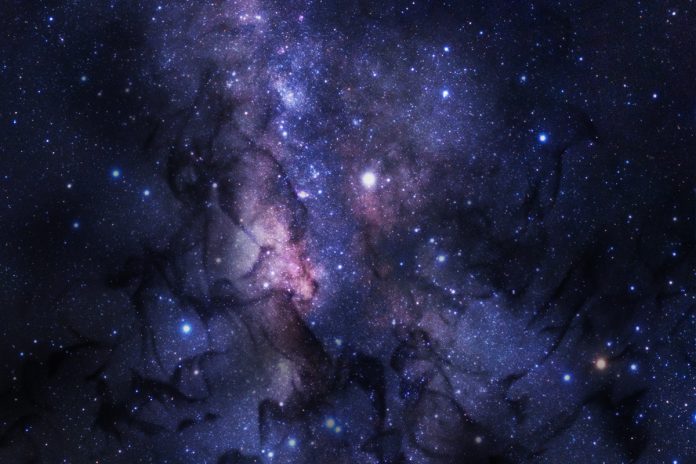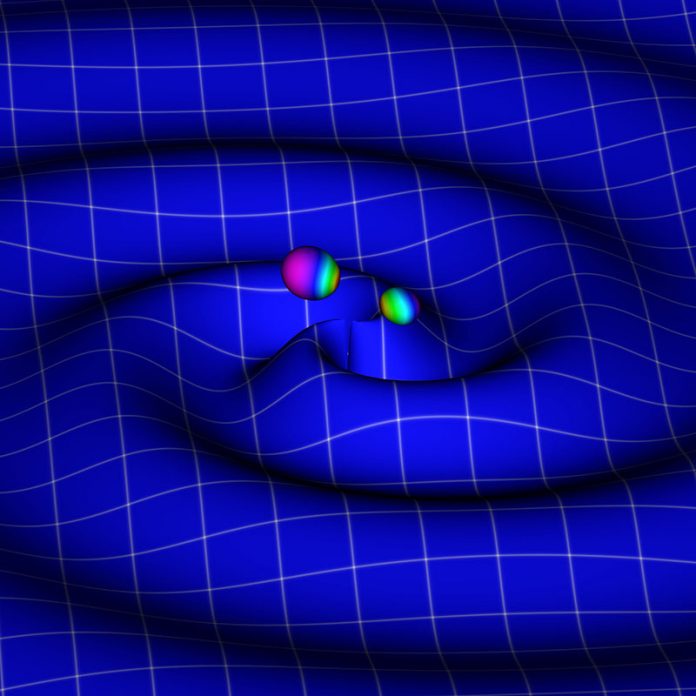Home Search
astronomy - search results
If you're not happy with the results, please do another search
Scientists catalogue 700 million astronomical objects in dark sky
Scientists have catalogued almost 700 million astronomical objects in the dark sky using data from the Dark Energy Survey (DES).
Arecibo observatory finds potential evidence of neuron star collision
In Puerto Rico, the Arecibo observatory has found potential "first hints" of low-frequency gravitational waves - which signal the movement of massive entities, like black holes or neuron stars.
New evidence emerges on origin of radio signals in space
Astronomers are investigating radio signals in space, aka fast radio bursts (FRBs), often described as the biggest space mystery we have.
Gravitational wave science in Europe: from Virgo to Einstein Telescope
Professor Jo van den Brand at the National Institute for Subatomic Physics (Nikhef) discusses developments in the world of gravitational wave science.
“Space 2.0” and the problem of orbital debris
Dr David Carroll from CU Aerospace LLC says that there are advantages to nano-satellites and the Space 2.0 environment, but they exacerbate the problem of orbital debris.
Broadening participation in U.S. astronomical research
Open Access Government explores the different ways that the National Science Foundation’s Division of Astronomical Sciences is encouraging wider participation and diversity in U.S. research.
Encouraging astronomical sciences in the U.S.
Editor of Open Access Government, Jonathan Miles, takes us on a voyage of discovery when it comes to supporting astronomical sciences in the U.S.
A glimpse at astronomical sciences in the U.S.
Here, we unveil the sterling efforts of the National Science Foundation to further astronomical sciences in the U.S.
Portugal in the limelight of companies looking to expand in the EU region
Companies are continuing to expand into Portugal and the country is reaping the economic benefits of the added exposure, Bernardo Trindade, President of the Executive Committee of Portugal IN explores.
Black hole image seen by humanity for the first time
Scientists working with the Event Horizon Telescope (EHT) have revealed the fruits of an all-consuming attempt to see the impossible: In 2019, we now have the first-ever image of a black hole.
Enigmatic radio waves heard from distant galaxy
The University of British Columbia in Vancouver, Canada, have detected new Fast Radio Bursts in a galaxy beyond the Milky Way.
Dark matter: Advanced exploration at SNOLAB
Dr Gilles Gerbier, Dr Art McDonald and Dr Antony Noble delve into the unknown world of dark matter, the unidentified mass that physicists are still yet to solve
Advancing the knowledge of space through science
The work of The Canadian Space Agency (CSA) in advancing the knowledge of space, through science and using its discoveries to benefit Canadians and all of humanity, is detailed here
CMB Space missions: a window to astroparticle physics
Prof. Nicola Vittorio from Università degli Studi di Roma ‘Tor Vergata’ gives an absorbing insight into CMB Space missions and why they are a window to astroparticle physics
I put stress1 on the great goal of modern cosmology: investigating the physics of the early universe. This very ambitious goal requires...
Research into the Universe: A focus on stellar clusters
Nate Bastian, Professor of Astrophysics at Liverpool John Moores University draws our attention to stellar clusters, a fascinating aspect of research into the Universe.
Austria as an international destination for research and collaboration
The Federal Minister of Education, Science & Research promotes Austria as an international destination for research and collaboration, as well as promoting science at the grassroots, as this analysis from Open Access Government reveals
Mathematics: A powerful tool for understanding the world
Dr Juan C. Meza, Division Director for the Division of Mathematical Sciences (DMS) at the National Science Foundation (NSF) reveals why mathematics is such a powerful tool for understanding the world around us
Supporting the earth sciences in the United States
The Earth Sciences (EAR) Division of the National Science Foundation (NSF) is placed under the spotlight by Open Access Government
Physics: Understanding the elusive dark matter
Richard G. Milner from the Department of Physics and Laboratory for Nuclear Science at Massachusetts Institute of Technology provides an absorbing insight into the search for an understanding of the elusive dark matter, one of the great scientific quests of our age
Pursuing physics at the forefront of knowledge
Denise Caldwell, Director, Division of Physics at the U.S. National Science Foundation (NSF) provides a fascinating perspective on how the organisation is pursuing physics to the forefront of knowledge



